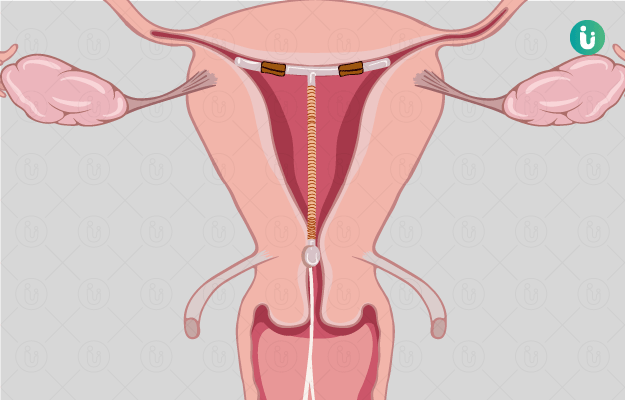Pregnancy is the most impassioned time in the life of a woman. This does not mean that you have no discomforts. Constipation is one of the most commonly complained pregnancy symptom, which is experienced by at least half of the pregnant women at some point.
The symptoms of constipation during pregnancy are the same as those in non-pregnant individuals and will be marked by a feeling of abdominal discomfort, pain and problems with defecation. But, in addition to dietary causes, which quite obviously is a major reason for this discomfort, ever-changing hormones during pregnancy can also be blamed. While you cannot do much about the latter, taking care of your diet and health will sure go a long way in the prevention and treatment of constipation during pregnancy.
Usually, constipation is not a major problem and being a common complaint, it is easily manageable with the help of dietary modifications. If your symptoms are quite intensely experienced, it is recommended to see a doctor who will decide your treatment plan.
This article will share with you the causes, symptoms, prevention, management, treatment and complications of constipation during pregnancy.










































